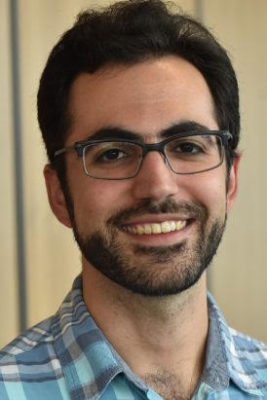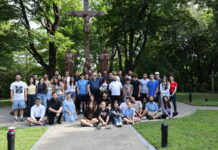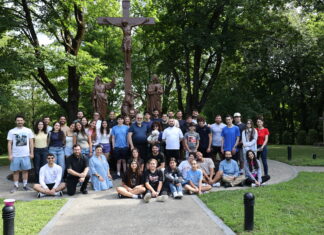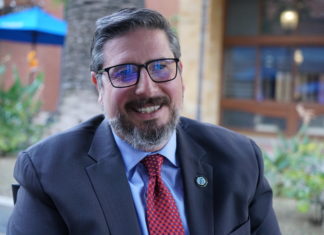ANN ARBOR, MICH. — One of the most prominent positions in the field of Armenian Studies in America has a new occupant. On July 22, the Center for Armenian Studies at the University of Michigan-Ann Arbor, announced the appointment of Dr. Michael Pifer to fill the Marie Manoogian Chair in Armenian Language and Literature.
The chair, which was established in 1987 with an endowment from philanthropists Alex and Marie Manoogian, had been held by Professor Kevork Bardakjian since its inception until his recent retirement. It followed the 1981 establishment of the Alex Manoogian Chair in Modern Armenian History at the same university.
Originally a part of the Department of Slavic Languages and Literatures, reflecting Armenia’s status as a republic of the Soviet Union, in 1997 the chair was moved to the Department of Near Eastern Studies, which changed its name in 2018 to the Department of Middle East Studies, through the initiative of Bardakjian.
Pifer, who was born and raised in Kalamazoo, Mich., is of Armenian descent through his mother, a native of Fresno, whose father was born in Kharpert. He studied the Armenian language at the University of Michigan with Bardakjian and graduated with his bachelor’s degree in Near Eastern Studies and Creative Writing in 2007. During that time he spent a year in Aleppo, Syria, to immerse himself in daily spoken and written Western Armenian. He subsequently received his PhD in comparative literature, also from UM-Ann Arbor, in 2014. His dissertation, titled “The Stranger’s Voice: Integrated Literary Cultures in Anatolia and the Premodern World,” explored the figure and concept of the gharib, which is found cross-culturally in Armenian, Persian, Arabic, and Turkish literatures.
While gharib literally means “stranger” in Arabic, it is widely used in Armenian, Turkish and other Middle Eastern languages to reference a wanderer, pilgrim, emigrant, and so on. The concept has existed in Armenian culture since the Middle Ages and is often tied to the experience of Armenians leaving their homeland — willingly or otherwise. The closest equivalent in formal Armenian is bantoukhd.
Pifer from the beginning, has had a deep interest in the relationship between and across the various cultures of the Middle East, while focusing on the Armenian literary tradition.









